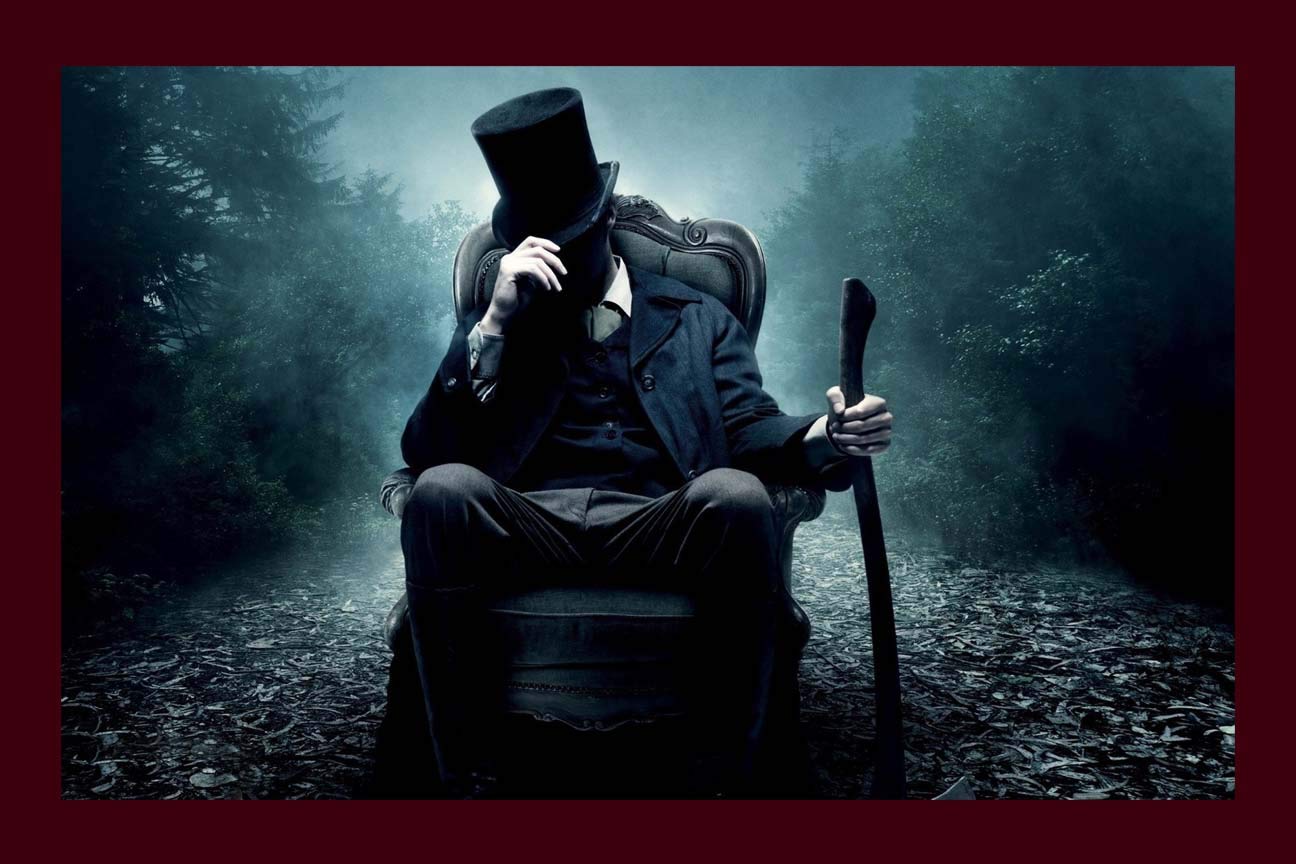Question related to this Sutra 4
Patanjali has stressed the importance of non-attachments, that is, cessation of desires, for being rooted in oneself.
So the question will be – But is non-attachment really at the beginning of the journey, or at the very end?
The beginning and the end are not two things. The beginning is the end, so don’t divide them and don’t think in terms of duality. If you want to be silent in the end, you will have to be in silence from the very beginning. In the beginning the silence will be like a seed; in the end it will become a tree. But the tree is hidden in the seed, so the beginning is just the seed.
Whatsoever the ultimate goal, it must be hidden here and now, just in you, in the very beginning. If it is not there in the beginning, you cannot achieve it in the end. Of course, there will be a difference – in the beginning it can only be a seed; in the end it will be the total flowering. You may not be able to recognize it when it is a seed, but it is there whether you recognize it or not. So when Patanjali says non-attachment is needed in the very beginning of the journey, he is not saying that it will not be needed in the end.
Non-attachment in the beginning will be with effort; non-attachment in the end will be spontaneous. In the beginning you will have to be conscious about it; in the end there will be no need to be conscious about it. It will be just your natural flow.
In the beginning you have to practice it. Constant alertness will be needed. A struggle will be there with your past, with your patterns of attachment; fight will be there. In the end there will be no fight, no alternative, no choice. You will simply flow in the direction of desirelessness. That would have become your nature.
But, remember, whatsoever is the goal, it has to be practiced from the very beginning. The first step is also the last. So one has to be very careful about the first step. If the first is in the right direction, only then the last will be achieved. If you miss the first step, you have missed all.
This will come again and again to your mind, so understand it deeply because many things Patanjali will say which look like ends. Non-violence is the end – when a person becomes so compassionate, so deeply love-filled, that there is no violence, no possibility of violence. Love or non-violence is the end. Patanjali will practice it from the very beginning.
The goal has to be in your view from the very beginning. The first step of the journey must be absolutely devoted to the goal, directed to the goal, moving towards the goal. It cannot be the absolute thing in the beginning, neither Patanjali expects it. You cannot be totally non-attached, but you can try. The very effort will help you.
You will fall many times; you will again and again get attached. And your mind is such that you may even get attached with non-attachment. Your pattern is so unconscious, but effort, conscious effort, by and by will make you alert and aware. And once you start feeling the misery of attachment then there will be less need for the effort, because no one wants to be miserable, no one wants to be unhappy.
We are unhappy because we don’t know what we are doing, but the longing in every human being is for happiness. No one longs for misery; everybody creates misery because we don’t know what we are doing. Or we may be moving in desires towards happiness, but the pattern of our mind is such that we actually move towards misery.
From the very beginning, a child is born, is brought up, wrong mechanisms are fed in his mind, wrong attitudes are fed. No one is trying to make him wrong, but wrong people are all around. They cannot be anything else; they are helpless.
A child is born without any pattern. Only a deep longing for happiness is present, but he doesn’t know how to achieve it; the how is unknown. He knows this much is certain, that happiness is to be attained. He will struggle his whole life, but the means, the methods, how it is to be achieved, where it is to be achieved, where he should go to find it, he doesn’t know. Society teaches him how to achieve happiness, and the society is wrong.
A child wants happiness, but we don’t know how to teach him to be happy. And whatsoever we teach him, it becomes the path towards misery. For example, we teach him to be good. We teach him not to do certain things and to do certain things without ever thinking that it is natural or unnatural. We say, “Do this; don’t do that.” Our “good” may be unnatural – and if whatsoever we teach as good is unnatural, then we are creating a pattern of misery.
For example, a child is angry, and we tell him, “Anger is bad. Don’t be angry.” But anger is natural, and just by saying, “Don’t be angry,” we are not destroying anger, we are just teaching the child to suppress it. Suppression will become misery because whatsoever is suppressed becomes poisonous. It moves into the very chemicals of the body; it is toxic. And continuously teaching, that “Don’t be angry,” we are teaching him to poison his own system.
One thing we are not teaching him: how not to be angry. We are simply teaching him how to suppress the anger. And we can force him because he is dependent on us. He is helpless; he has to follow us. If we say, “Don’t be angry,” then he will smile. That smile will be false. Inside he is bubbling, inside he is in turmoil, inside there is fire, and he is smiling outside.
One thing is certain: the child has come to understand that he is not accepted. As he is, he is not acceptable. The real is somehow bad, so he has to be false. He has to use faces, masks. Once he has learned this, the whole life will move in a false dimension. And the false can only lead to misery, the false cannot lead to happiness. Only the true, authentically real, can lead you towards ecstasy, towards peak experiences of life – love, joy, meditation, whatsoever you name.
Everybody is brought up in this pattern, so you long for happiness, but whatsoever you do creates misery. The first thing towards happiness is to accept oneself, and the society never teaches you to accept yourself. It teaches you to condemn yourself, to be guilty about yourself, to cut many parts. It cripples you, and a crippled man cannot reach the goal. And we are all crippled.
Attachment is misery, but from the very beginning the child is taught for attachment. The mother will say to the child, “Love me; I am your mother.” The father will say, “Love me; I am your father” – as if someone is a father or a mother so he becomes automatically lovable.
Just being a mother doesn’t mean much or just being a father doesn’t mean much. To be a father is to pass through a great discipline. One has to be lovable. To be a mother is not just to reproduce. To be a mother means a great training, a great inner discipline. One has to be lovable.
If the mother is lovable, then the child will love without any attachment. And wherever he will find that someone is lovable, he will love. But mothers are not lovable, fathers are not lovable; they have never thought in those terms – that love is a quality. You have to create it; you have to become.
You have to grow. Only then can you create love in others. It cannot be demanded. If you demand it, it can become an attachment, but not love. So the child will love the mother because she is his mother. The mother or the father, they become the goals. These are relationships, not love. Then he becomes attached to the family, and family is a destructive force because the family of the neighbor is separate. It is not lovable because you don’t belong to it. Then your community, your nation… but the neighboring nation is the enemy.
When Patanjali says “non-attachment”, he is not anti-love. Really, he is for love. Non-attachment means – be natural, loving, flowing, but don’t get obsessed and addicted. Addiction is the problem. Then it is like a disease. You cannot love anybody except your child – this is addiction. Then you will be in misery. Your child can die; then there is no possibility for your love to flow. Even if your child is not going to die, he will grow. And the more he grows, the more he will become independent. And then there will be pain. Every mother suffers, every father suffers.
Love never gives you misery because if you love someone you love his happiness. If you are attached to someone, you don’t love his happiness, you love only your selfishness; you are concerned only with your own egocentric demands.
Freud discovered many things. One of them is mother or father fixation. He says the most dangerous mother is that which forces the child to love her so much that he becomes fixed, and he will not be able to love anybody else. So there are millions of people suffering because of such fixations.
These are fixations. In Patanjali’s language, he calls them attachments. Freud calls them fixations. The words differ, but the meaning is the same. Don’t get fixed; be flowing. Non-attachment means you are not fixed. Don’t be like ice cubes, be like water – flowing. Don’t be frozen.
Attachment forces the persons related to – be things and love helps the persons to be more free, to be more independent, to be more true. But truth can only be in constant flow, it can never be frozen.
When Patanjali says “non-attachment,” he is not saying to kill your love. Rather, on the contrary, he is saying that “Kill all that poisons your love, kill all the obstacles, destroy all the obstacles that kill your love.” Only a yogi can be loving. The worldly person cannot be loving, he can be attached.
Remember this: attachment means fixation – and you cannot accept anything new in it, only the past. You don’t allow the present, you don’t allow the future to change anything. And life is a change. Only death is unchanging.
If you are unattached, then moment to moment you move without any fixation. Every moment life will bring new happinesses, new miseries. There will be dark nights and there will be sunny days, but you are open; you don’t have a fixed mind. When you don’t have a fixed mind, even a miserable situation cannot give you misery, because you don’t have anything to compare with. You were not expecting something against it, so you cannot be frustrated.
Patanjali says be non-attached. That means be flowing, accepting, whatsoever life brings. Don’t demand and don’t force. Life is not going to follow you. You cannot force life to be according to you. It is better to flow with the river rather than pushing it. Just flow with it! Much happiness becomes possible. There is already much happiness all around you, but you cannot see it because of your wrong fixations.
But this non-attachment in the beginning will only be a seed. In the end, non-attachment becomes desirelessness. In the beginning non-attachment means non-fixation; in the end non-attachment will mean desirelessness, no desire. In the beginning no demand; in the end no desire.
But if you want to reach this end of no-desire, start from no-demand. Even for twenty-four hours try Patanjali’s formula. Just for twenty-four hours, flowing with life not demanding anything. Whatsoever life gives, feeling grateful, thankful. Just moving for twenty-four hours in a prayerful state of mind – not asking, not demanding, not expecting – and you will have a new opening. Those twenty-four hours will become a new window. And you will feel how ecstatic you can become.
But you will have to be alert in the beginning. It cannot be expected that non-attachment, for the seeker, can be a spontaneous act.
Tags: Non-Attachment Patanjali










